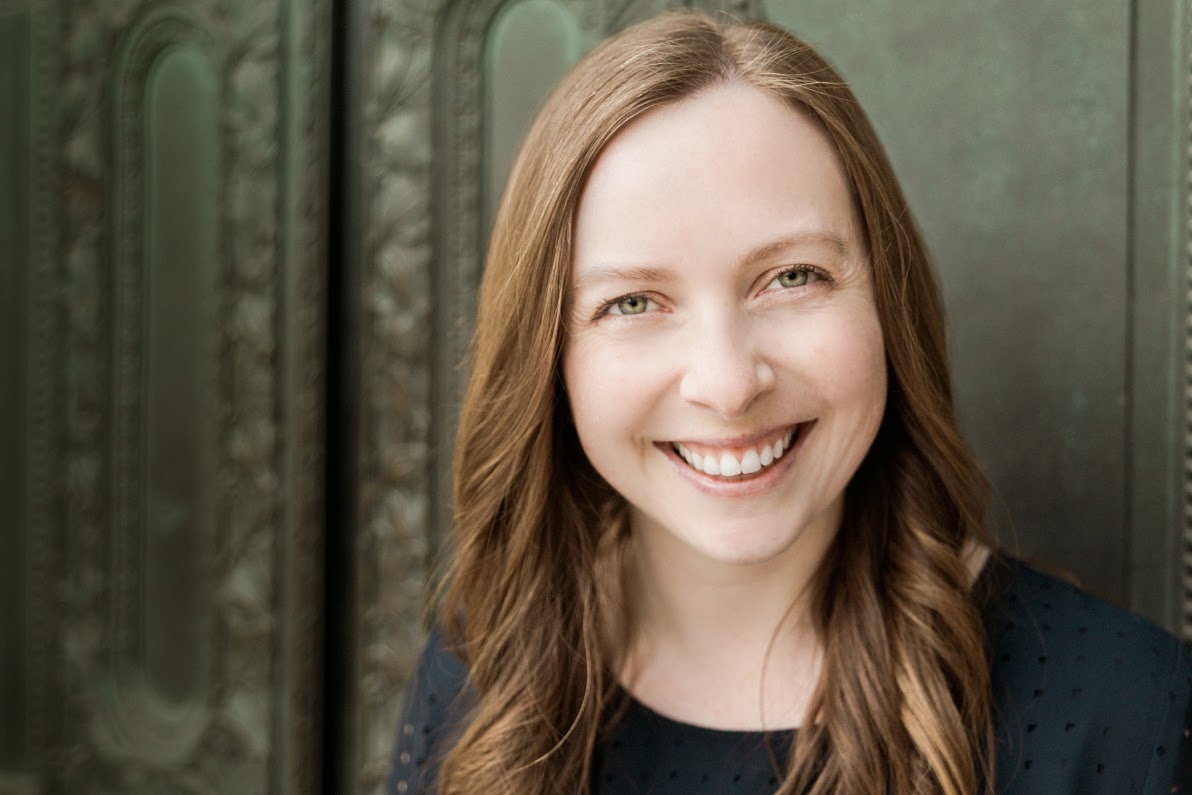Online Course
Digital Storytelling
July 12 - August 15
Level Fundamentals
Discover ways to use digital communication technologies to enhance the inherent connective power of creative nonfiction.
Additional Information
Digital communication technologies have made new forms of storytelling more accessible and more global than ever before. Now, we can enhance our stories with image, sound, and movement,and anyone with a smartphone and an internet connection can upload and share their story.
This beginner’s course is designed to introduce you to the many possibilities of digital storytelling and help you get started on making your own video essay. Through readings, viewings, and discussions, we’ll explore how to stay grounded in the basic elements of creative nonfiction while developing multimedia stories.
This course takes a graduated approach to hands-on skills including capturing and editing your own images, audio, and video; each week will focus on one element of the video essay, giving beginners plenty of time to explore and allowing you to build on your work so that by the end of the course, you have a complete video essay. We’ll also explore some venues for publishing video essays, and explore how digital technology can enhance (rather than detract from) the inherent connective power of creative nonfiction.
Technical requirements: You will need access to a digital camera and basic image-editing software, an audio recorder and sound editor, and a digital video recorder and video editor. Any smartphone or tablet will do the trick, as will any computer outfitted with a camera and microphone. Resources for apps to use and tech tutorials will be made available on the course site.
Course Schedule
Week 1: Storytelling in a Digital Age
This week, you will explore the fundamentals of good storytelling, alongside the ways in which digital communication technologies are changing the nature of narrative. You'll discuss how to make best use of digital media to make your stories even more engaging, interactive, and to invite greater reader participation and collaboration.
Week 2: Every Picture Tells a Story
In our case, the old cliche holds true: you will spend this week discussing how to tell stories using primarily images, including photographs, comics, graphics, and more. You will be given several prompts and image adaptations to choose from, and will hand in a short image story for peer and instructor response.
Week 3: Scripting Your Story
Even digital stories must still have a strong narrative at their center. This week will be devoted to writing the script for your digital story, including strategies for how to write brief, compelling essays; and adapting excerpts of existing pieces for digital world. You’ll be given several exercises and will hand in an audio recording of your nonfiction script for peer and instructor response.
Week 4: Listen Carefully
This week, you will take up the challenge of using sounds to capture your listeners' imaginations. You'll study the various effects of dialogue, sound effects, ambient noise, and music as supplements to your voiceover narration. You will be given several prompts to help refine your choices, and will hand in a layered audio story for peer and instructor response.
Week 5: The Silver Screen
Now that you've explored images and sound in isolation, you'll combine those media to create video stories. You will discuss framing and sequencing individual shots, and movement within and between frames to bring your video stories to life. You will have until the end of the class to complete a fully-edited video story that builds from your previous weeks’ exercises for instructor response.
Course Instructor
Hear from our Students
Creative Nonfiction’s online writing classes have helped more than 3,000 writers tell their stories better.
Read Success StoriesTestimonials
I enjoyed reading other peoples work and getting feedback about my own work– the handouts/video links and class lessons were also very informative and relevantly paced to the give structural guidelines.
Catherine O’Neill

